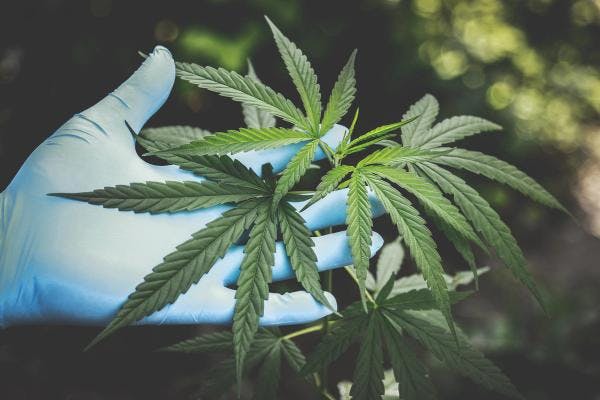Aphiwat chuangchoem - Pexels
CBD tends to perplex regulators. Hong Kong’s new ban reinforces Asia’s strict drug approach
Hong Kong on Wednesday made possession, consumption, and distribution of cannabidiol, or CBD, illegal.
While some governments across the world have legalized or moved toward decriminalizing cannabis, including Thailand last year, cannabis itself remains illegal in most countries, with related offenses often punishable by long prison sentences.
Still, products containing the cannabis-derived compound CBD have become increasingly popular in recent years, touted to have therapeutic benefits. And it’s long existed in a legal gray area for regulators. As of last February, the global market for CBD was estimated to reach $48 billion by 2028.
In Hong Kong, a growing market had emerged for products containing CBD, ranging from skincare to food and beverage items. Months before the ban, one could, for example, walk into a specialty cafe and buy CBD-infused chocolate chip cookies or get a few drops of the compound in their smoothie or coffee.
But local authorities have argued that the science behind CBD’s supposed therapeutic qualities is not absolute and that its use may actually have harmful side effects. As of Feb. 1, CBD has been categorized as a “dangerous drug,” along with the likes of heroin, cocaine, and methamphetamine.
